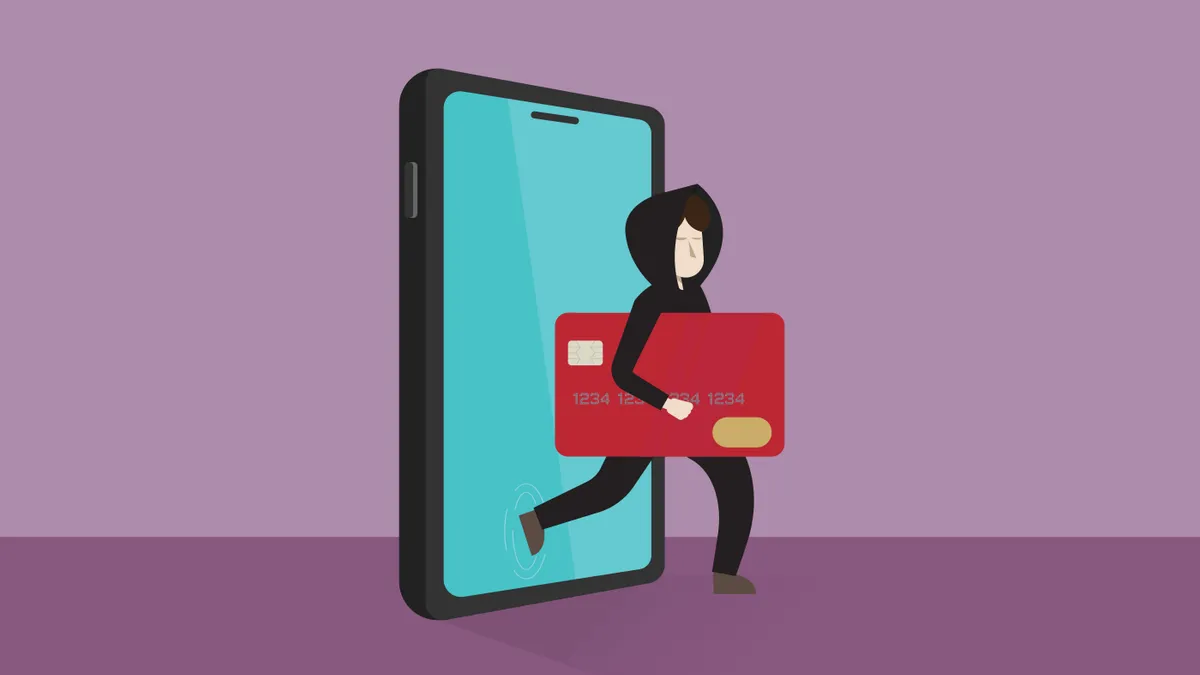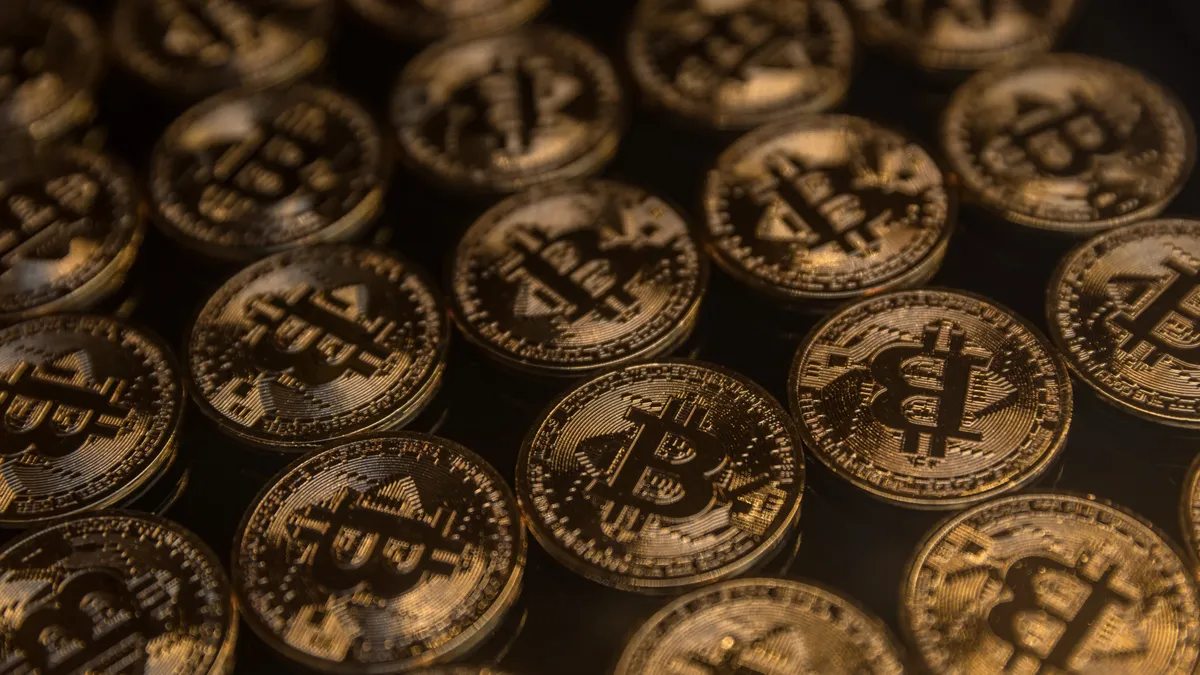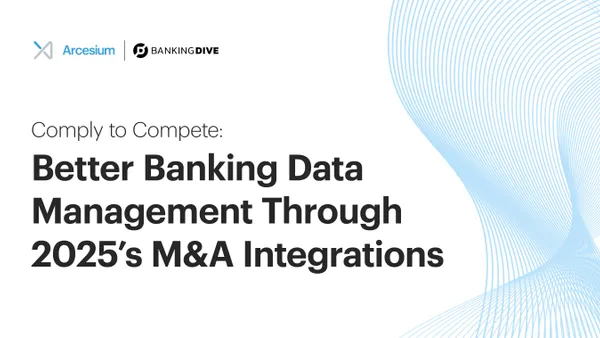Fraud losses reportedly topped $10 billion nationwide in 2023, according to Federal Trade Commission data – but that figure could be as much as $158 billion when adjusted for underreporting.
Underreporting is rampant due to shame, said several panelists at the virtual Fighting Payments Fraud in 2025 event Tuesday.
“Oftentimes, it isn't just the money that's gone. [Fraud] takes an insane emotional toll on the consumer,” said Stephanie Tatar, founder of Tatar Law Firm.
Even after being financially “wiped out,” the emotional impact of fraud is the hardest part, according to AARP Fraud Watch Network Executive Director Kathy Stokes. That’s what she’s hearing from participants in her organization’s victim support group.
“Sometimes that's because they were involved in a fraud that made them believe that they were in a trusted relationship with somebody – whether it's a love relationship or a strong friendship that grows over weeks, months, sometimes even years,” she said. “The other piece of that is just not having the support. People being afraid to say anything to anyone because they're so embarrassed.”
Fraud is at a “crisis level” across the globe, Stokes said, “and I would submit that fraud is the No. 1 crime in this country.”
Authorized push-payment fraud, where a victim is tricked into sending money to a scammer’s fraudulent account under false pretenses is just one type of scam. According to ACI Worldwide, Americans will lose $3 billion to APP fraud annually by 2028.
It’s relatively easy to do, Stokes said, because scammers play to our fear response.
“If you can get your target into a heightened emotional state that allows the bypassing of logical thinking in our brains, it's sort of the fight-or-flight response. Our brains have been doing the same thing for 300,000 years, and a threat that your grandkid is in trouble or your account is being hacked is the equivalent of a saber-toothed tiger in our brains,” Stokes said.
It’s called the amygdala hijack, she said.
Fraudsters may also have a victim’s highly personal information, like account information and Social Security numbers, and they share that with the victim – leading the victim to believe the person they’re talking to is a representative of their bank or payments platform, as they claim.
But much of that information is available for sale, warns Detective Matt Hogan of the Connecticut State Police.
Data breaches are largely to blame for the accessibility of sensitive information, Hogan warned.
“You also have stolen mail, which has been a consistent problem for the past three to five years, [and] social media mining … There's really a wide swath of opportunities for them to get data, and it's relatively cheap,” he said.
A person’s bank credentials are for sale on the dark web for $25, he said.
And it’s not fraudsters who are stealing victims’ money, Stokes said: It’s criminals.
“We tend not to look at fraud as a crime perpetrated by a criminal. We've got to really put this in the right frame so that we understand that the victim is not at fault,” Stokes said.
“Speaking my language,” Hogan echoed.
Carla Sanchez-Adams, a senior attorney for the National Consumer Law Center, said stricter rules of liability – for telecommunications companies that let scam calls or texts slip through, or for social media platforms like Meta, which allow for scam products to be sold on Facebook Marketplace – would put some of the onus for these crimes on the companies that help facilitate them.
“Part of the reason why [fraud is] successful is because of the lack of protections in some of these systems and the lack of incentives to make the systems more protective,” Sanchez-Adams said.
Although the Bank Secrecy Act requires banks to have strong customer due diligence, those perpetuating fraud do in most cases have bank accounts, she noted.
“Those financial institutions should be doing more to prevent those customers from receiving [money], to basically de-bank those customers that are committing fraud, and to ensure that they're not getting access to our financial system,” she said.
Tatar, who has represented victims of APP fraud, said banks can prevent victims’ emotional damage “if they just have the appropriate measures in place when a consumer disputes a transaction as unauthorized and have people that understand … the impact of such a scam.”
And while IDs, credit cards, phone numbers and IP addresses can be faked, consumer spending history can’t be — but that’s “oftentimes completely overlooked” in investigations, Tatar said.




















